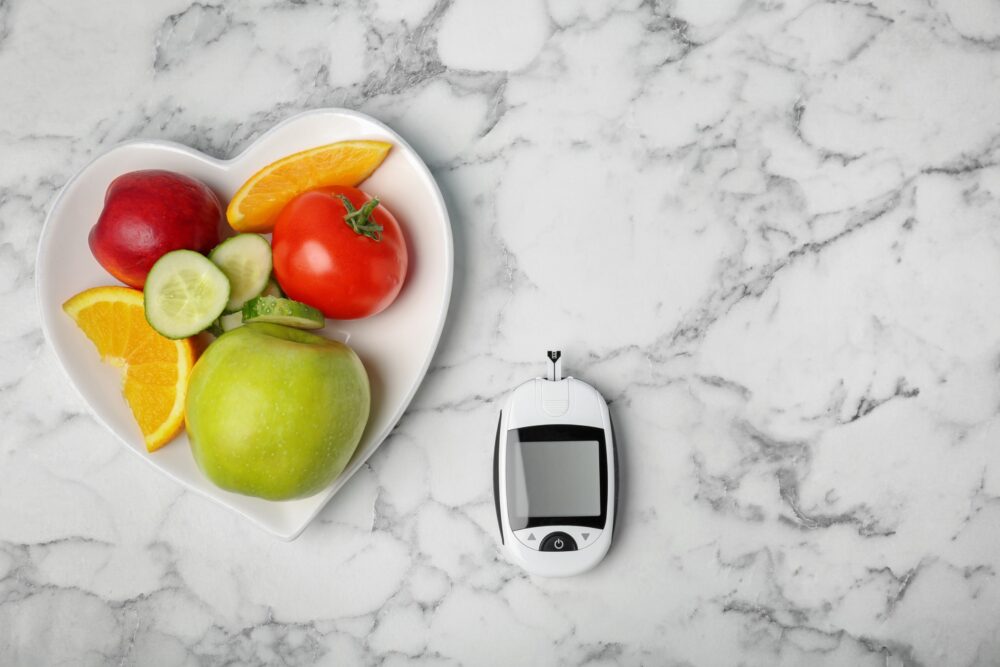When you’re living with a chronic disease, like type one diabetes, you can’t take a vacation from your illness. Not surprisingly, this can cause a condition called diabetes burnout, in which a person with diabetes becomes physically or emotionally overwhelmed and exhausted from the daily engagement in self-care. They may express indifference toward the disease, and neglect their diabetes management.
If you or someone you know is experiencing diabetes burnout, it’s important to address it immediately. Learn more about the signs, symptoms and causes, as well as how to manage diabetes burnout, how to support your T1D loved ones who are experiencing it, and where to turn for additional help.
Recognizing the Signs & Symptoms of Diabetes Burnout
Recognizing the signs of diabetes burnout is the first step toward overcoming it. From constant fatigue to frustration with monitoring, the signs vary. Here are some common symptoms:
- Feeling unable to cope with diabetes
- Feeling overwhelmed by diabetes management
- Feeling powerless, depressed or angry
- Experiencing constant fatigue
- Missing or skipping insulin doses
- Not monitoring blood sugars
- Ignoring or trying to forget about diabetes
- Detaching from social support and healthcare systems
Common Causes of Diabetes Burnout
Understanding the cause of your diabetes burnout can help you find the right coping mechanisms and strategies for managing it.
Prolonged Diabetes Distress – The mental load of constantly thinking about a chronic condition and its management can become exhausting and overwhelming.
Unrealistic Goals – If a person feels like they are regularly missing treatment goals, this may cause a sense of failure or inadequacy.
Treatment Challenges – Health complications, insurance problems, and issues accessing the right type and amount of medication/insulin, it can cause anger and frustration.
Tips to Manage Diabetes Burnout
While there’s no “one-size-fits-all” solution for diabetes burnout, trying different coping strategies can help. Whether it’s practicing mindfulness or joining a support group, find what works for you.
Connect with Others – Sharing experiences and receiving support can relieve feelings of isolation and burnout. Consider joining an online community or support group where you can interact with other people who understand your challenges (my DMs are always open!)
Set Realistic Goals – Breaking goals into smaller steps can make them more attainable and less overwhelming. Try establishing achievable short-term goals, rather than focusing on long-term diabetes management.
Seek Professional Help – It’s important to maintain open and honest communication with your healthcare team, but if diabetes burnout persists, you may want to seek help from a mental health professional who specializes in diabetes management.
How to Support Somone with Diabetes Burnout
Research shows that higher levels of social support may help lower emotional distress in people living with type one diabetes. Here are some things you can do to support your loved one.
- Listen to their concerns without judgement
- Ask them what they need in terms of support
- Acknowledge and validate their feelings
- Be empathetic
- Celebrate their wins
Additional Support for Diabetes Burnout
Living with type 1 diabetes comes with its challenges, but you’re stronger than you know. Remember, it’s okay to struggle, and it’s okay to ask for help. Seeking help is a sign of strength, not weakness. Whether it’s talking to a therapist, joining a support group, or reaching out to your healthcare team, know that help is available. You are not alone.
Do you need extra support to overcome diabetes burnout and gain confidence in your T1D management? Send me a message or text 757-645-5395 to schedule a free discovery call.




